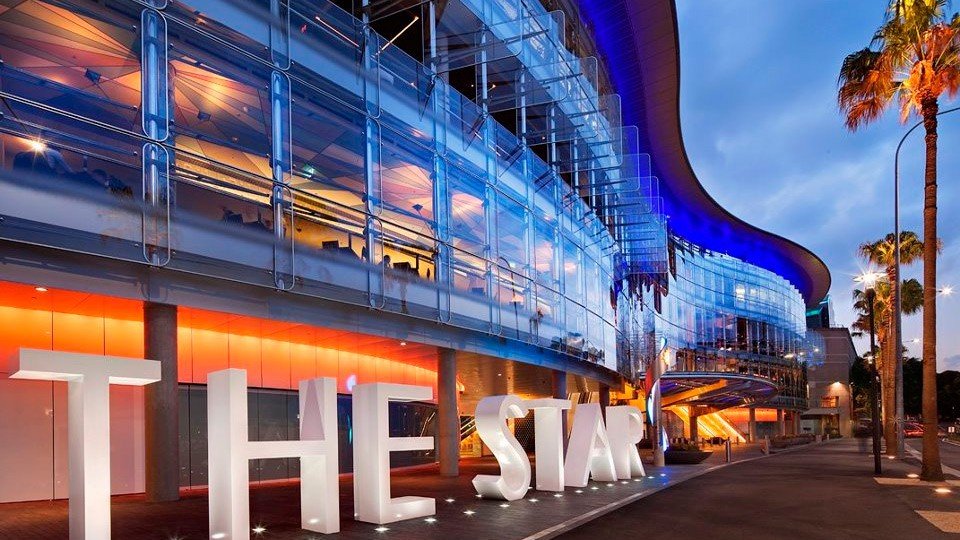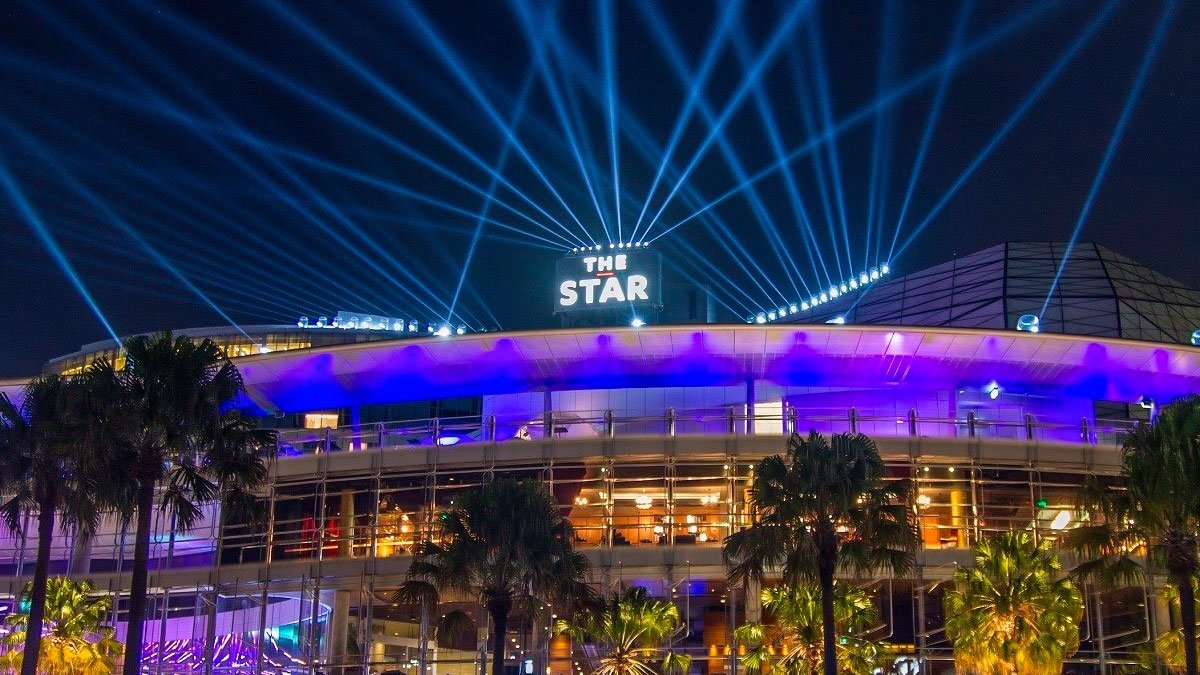Australian casino giant Star Entertainment has posted a revenue drop at its flagship Sydney property and warned of a substantial impairment charge in its upcoming half-year results. The operator said Monday it anticipates a non-cash impairment charge of between AUD 400 million ($238,308) to AUD 1.6 billion ($1.1 billion) in relation to its NSW business, sending its shares tumbling 22% to a record low.
The business attributed the writedown to operational changes following a regulatory inquiry that saw its casino license in the state suspended, as well as the potential for an increase in NSE casino duty rates starting in the 2023/24 financial year.
On Monday, Star said revenue at its main Sydney casino for the six months to December was down 13.5% on pre-Covid levels. Overall group revenue was down just 1% on pre-pandemic levels, buoyed by a 30% jump at Star Gold Coast, and a 9% lift at the Brisbane Treasury.
Group CEO Robbie Cooke said in a statement: “Whilst the outcome of recent regulatory and legislative developments remain uncertain, we have taken a prudent approach to assessing the carrying value of our assets, which has resulted in a non-cash impairment charge which will be recognized in our H1 FY23 results.”
Group CEO Robbie Cooke
The warning highlights the potential impact of proposed tax rate hikes on casinos in New South Wales, which has said the proceeds would be redirected to help communities affected by bushfires and floods.
The tax reform, which was announced by Australia’s biggest state last December and is likely to come into force in July, poses significant challenges to the profitability of Star’s Sydney operations, the group said. Sydney operations made up half of the group’s revenue in fiscal year 2022.
Jefferies explained in a note that the AUD 400 million to AUD 1.6 billion range for the non-cash impairment charge to the NSW Casino “highlights the uncertainty around duty rates for Sydney.”
Star said it intended to undertake an urgent review of the operating model and assets of its Sydney business if the state government’s proposal went ahead. Shares of the country’s second-largest casino operator fell as much as 21.9% to hit an all-time low of AUD 1.456, while the broader market was slightly weaker.
The tax reform proposal is playing a central role in NSW’s elections scheduled for March 25. The incumbent conservative state government also wants to phase in mandatory cashless poker machines in five years to curb the problem of gambling and money laundering, while the center-left Labor opposition wants a limited trial of cashless machines only.
Star Sydney
The company said it would incur remediation costs of about AUD 20 million ($13.9 million) in the six months ended December 31, reports Reuters, as it attempted to improve compliance processes to return to license suitability.
The embattled company’s earnings have dwindled amid a slew of government probes, COVID-19 curbs and class actions. It reported an annual net loss in August and its share price more than halved in value last year.
Star forecast underlying EBITDA of AUD 330 million ($229.6 million) to AUD 360 million ($250.5 million) for the year ending June 30, 2023, compared with the AUD 237 million ($164 million) reported last year and lower than Factset consensus of AUD 446 million ($310.4 million).

The news comes days after it was announced that the company is facing a fourth class action in the Victorian Supreme Court after solicitors from law firm Shine lobbed a shareholder claim against the business. Shine’s lawsuit follows three other class action law firms lining up to represent shareholders aggrieved by the alleged mismanagement of the operator.
Shine alleged in its 308-page statement of claim that the company misled and deceived the market, breached continuous obligation laws and caused the “stock price to plummet” between March 9, 2016, and May 25, 2022, reports Australian Financial Review.
Shine’s joint head of class actions, Craig Allsopp said “investors were the biggest losers of Star’s gamble with the truth.” The firm alleges that Star failed to make disclosures to the market about money laundering, links to organized crime, fraud, corruption, terrorism-financing risks and associated regulatory risk involved in its misconduct, even after they were raised in a 2018 report prepared by consultancy firm KPMG.
Original article: https://www.yogonet.com/international/news/2023/02/14/66082-star-entertainment-flags-up-to-11b-hit-from-tax-hikes-operational-changes-shares-drop-to-record-low
















